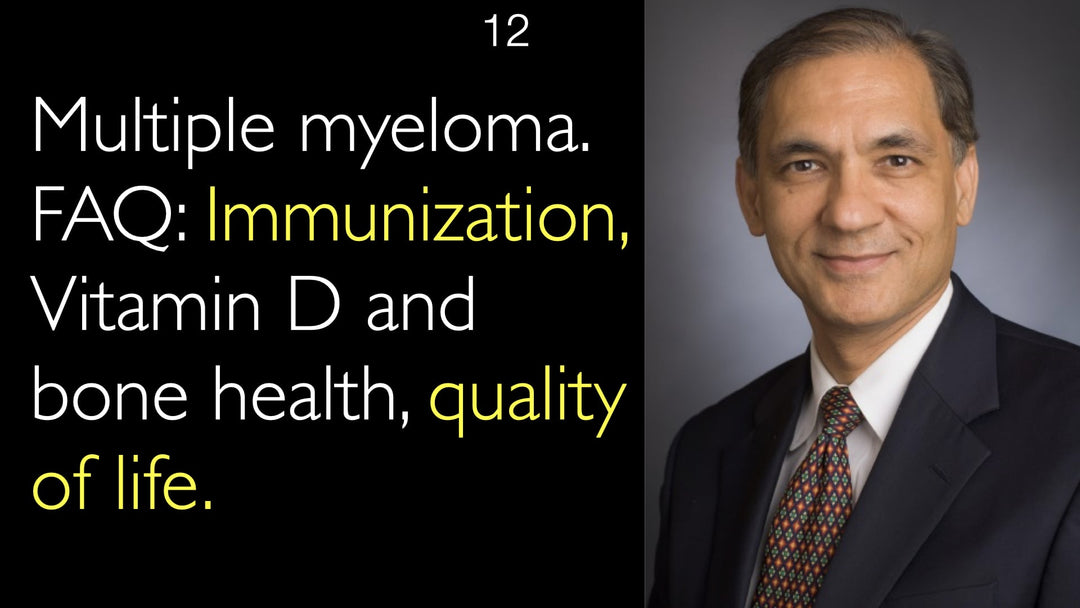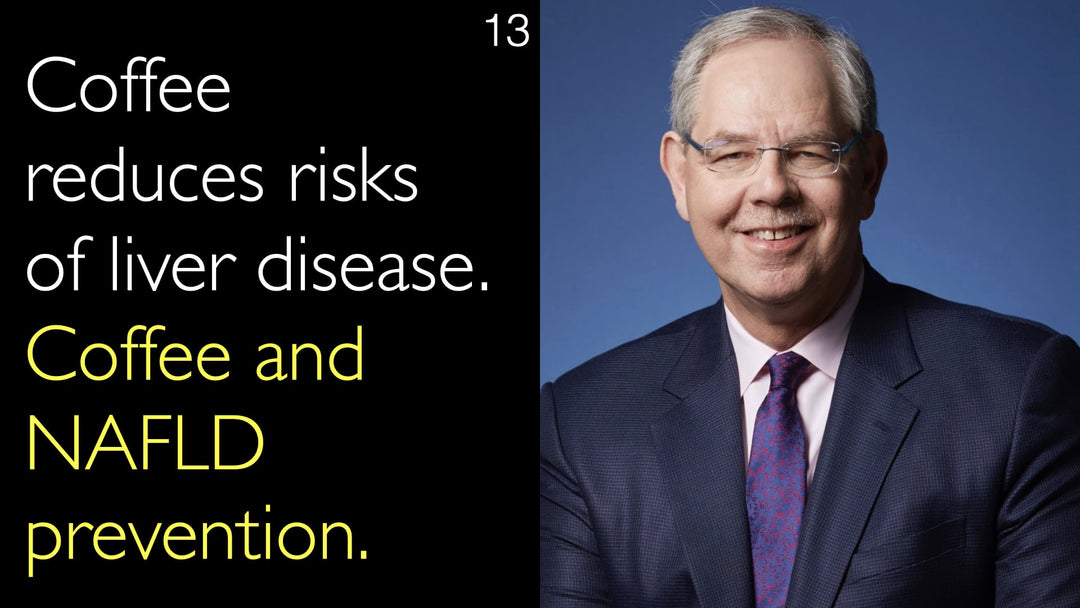Leading expert in hypertension and kidney disease, Dr. David Ellison, MD, explains the complex role of dietary salt and potassium. He discusses why simply telling patients to reduce salt is often ineffective. Dr. Ellison advocates for increasing potassium intake through fruits and vegetables. He also addresses the controversial topic of salt restriction in heart failure patients. Dr. David Ellison, MD, emphasizes a balanced "Goldilocks" approach to sodium consumption.
Dietary Sodium and Potassium Balance for Heart Health and Hypertension
Jump To Section
- The Sodium-Potassium Ratio Strategy
- Salt in Processed Foods and Restaurant Meals
- Benefits of a Potassium-Rich Diet
- Salt Restriction in Heart Failure Controversy
- The Goldilocks Approach to Salt Intake
- Full Transcript
The Sodium-Potassium Ratio Strategy
Dr. David Ellison, MD, proposes a more effective dietary strategy than simply reducing salt. He emphasizes the importance of the potassium to sodium ratio. This approach focuses on increasing potassium intake rather than solely decreasing sodium. Dr. Ellison finds it easier to advise patients to eat more of something healthy. This strategy can help mitigate some adverse effects of dietary salt.
Salt in Processed Foods and Restaurant Meals
Dr. David Ellison, MD, identifies processed foods as a major source of dietary sodium. He notes that bread and other processed items contain very high salt levels. Restaurant meals also contribute significantly to excessive salt intake. Dr. Ellison believes the food industry could reduce salt content effectively. He suggests replacing some sodium with potassium-based salt substitutes for better palatability.
Benefits of a Potassium-Rich Diet
Increasing potassium intake offers significant health benefits for hypertension management. Dr. Ellison recommends eating more fruits and vegetables to achieve this. A high-potassium diet helps counterbalance the effects of sodium consumption. This approach supports cardiovascular health and blood pressure control. Fresh foods naturally provide better potassium-to-sodium ratios than processed alternatives.
Salt Restriction in Heart Failure Controversy
Dr. David Ellison, MD, addresses the complex relationship between salt and heart failure. While diuretics work better with reduced salt intake, recent data shows complications. Aggressive salt restriction in acute decompensated heart failure may actually be harmful. This approach can activate the renin-angiotensin-aldosterone system. System activation contributes to heart failure pathogenesis and hypertension development.
The Goldilocks Approach to Salt Intake
Dr. David Ellison, MD, advocates for a balanced "Goldilocks" approach to sodium consumption. This means avoiding excess salt without restricting intake too severely. Extremely low-salt diets can be unappealing and potentially counterproductive. The goal is moderate reduction rather than complete elimination of sodium. This practical approach recognizes the challenges of modern dietary patterns while prioritizing heart health.
Full Transcript
Dr. Anton Titov, MD: Professor Ellison, what are the top two or three questions patients ask you? And what are the questions that patients should ask, but perhaps they don't ask as often?
Dr. David Ellison, MD: Patients have asked a lot of great questions. Certainly, the most common question is about reducing dietary salt. As I mentioned at the beginning, there's been so much study and so much interest in salt. But the part that's often omitted from those discussions in the medical literature is that salt is a component of food that does increase its palatability and taste.
I live in Portland, Oregon, where there are many great restaurants. If I go to any of these restaurants, the amount of salt in the restaurant food is very high. We were recently rated as the best restaurant city in the country. It's probably partly because they're putting all that salt in the food.
So it's very easy to say that you should just stop eating salt and try to adhere to the APA guidelines. But it's not so easy to do it. My responses are twofold to that.
The first is that, as I mentioned at the beginning, I think avoiding excess salt is a good thing, and you should try to do that. But just as important is trying to really increase the amount of potassium in your diet or increasing the ratio of potassium to sodium. I think it's easier to tell people to eat more of something than eat less of something.
Eating more fruits and vegetables, eating more high potassium foods, is something I always recommend to patients. That may mitigate some of the adverse effects of salt.
The other comment I have for patients is that most of this is not that much in the control of the patient. I think it's hard to live in today's world without encountering salt when you go out or eat in restaurants. But I do think we should encourage the industry to reduce the amount of salt.
In this country, unlike in China, most of the salt we get in our foods is in processed food. There's a ton of salt in bread, for example. All processed foods are very high in salt. I do believe that the industry could reduce the amount of salt or increase the ratio of potassium to salt.
That would be beneficial for all of us. It wouldn't force people to make these hard choices when you sit down to eat a meal in a restaurant or eat something you've taken out of the refrigerator. Obviously, if you can do it, eating fresh food is better.
But I think it would be great if we could somewhat reduce the amount of salt in food. I think that would be palatable, perhaps replacing it with a little bit of potassium, because that is a salt substitute and most people think salt substitute tastes pretty good. So I think that's the number one question.
The number two question is really related to it. So that's for general health. The number two question is, "Doctor, I have heart failure, do I need to reduce the amount of salt I take in?" Again, that's a controversial subject.
We always caution that diuretics are most effective if you reduce your dietary salt intake. I think that's pretty clear in patients who are in a steady state. But there's been some very provocative data recently suggesting that in acute decompensated heart failure patients, aggressively restricting salt intake when those patients come into the hospital doesn't appear to be beneficial, and it may actually be harmful.
The potential problem with restricting dietary salt intake severely is that it activates the renin-angiotensin-aldosterone system. We know the renin system is very important as a contributor to the pathogenesis of heart failure, and probably also to hypertension.
If you restrict your dietary salt intake too much, that probably has more of an effect to activate the renin system and may not be beneficial in those patients. So I tell all of my patients, in most situations, that I am a believer in the Goldilocks effect.
I think that reducing excess salt intake is important. But I also think it may be possible to reduce salt intake too much. Especially considering the fact that very low salt foods are often not the most appealing to the average American.
It's more important to reduce it somewhat than to try and reduce it to zero, and then replace it with potassium if you can.







